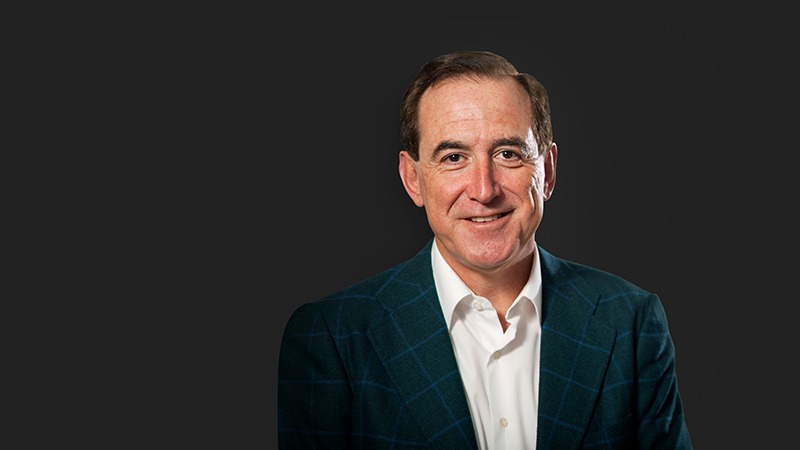In a compelling address at the Geneva Association Summit 50, MAPFRE’s Chairman and CEO, Antonio Huertas, delved into the future landscape of the insurance industry, shedding light not only on its potential opportunities but also the ethical risks associated with Artificial Intelligence (AI).
Huertas, in his keynote speech, explored critical topics shaping today’s insurance sector, ranging from the social purpose of insurance, particularly in emerging markets, to confronting challenges posed by climate change. Of notable focus was the discussion on the multifaceted opportunities and risks posed by AI and cybersecurity.
Speaking of the broad, geopolitical landscape, he said: “In recent years, we have witnessed an undeniable shift in the global landscape – a landscape characterized by geopolitical turmoil, like war in Ukraine or the Middle East, the energy crisis, rapid technological change, inflation, and macro-economic volatility all having a major impact on our business. Despite these turbulent times, the insurance industry has been steadfast in supporting economic resilience, through prudent investment and sound expertise in risk management. The world is changing, regulation is evolving, and insurance business is getting more complex.”
Hosted in Zurich, Switzerland, from November 28 to 29, this year’s summit provided a platform for leaders from the world’s premier insurance companies to envision the industry’s trajectory leading up to 2050. The agenda encompassed pivotal issues such as geopolitical uncertainty, escalating energy costs, inflation, and the ongoing cost-of-living crisis. Huertas’ call for legislation addressing the ethical dimensions of AI resonates as a key consideration in navigating the evolving landscape of the insurance industry. The summit served as a forum for industry leaders to collectively anticipate and strategize for the challenges and transformations that lie ahead.
Huertas’ speech set the scene for the event, watched by industry-leading attendees and many more online from around the world. He said that “we must legislate on the ethical risk of AI, but it must be done judiciously. On a global stage, Europe has to strike the balance between necessary regulation and stifling competitive advantage”, a motion that follows MAPFRE Open Innovations’ industry-leading report on responsible AI, launched at DIA/ITC Europe.
He also called for the industry to pull together to deploy the technology “responsibly, safely, and reliably” to generate a positive impact and minimise the risks.
A focus on cyber risk
MAPFRE’s chairman highlighted cyber risks as one of the challenges of our time, when the interconnected world has brought unparalleled convenience and efficiency, but left it also exposed to unprecedented risks. “As insurers, our responsibility goes beyond financial compensation; we need to help our clients navigate the complex landscape of cyber threats”.
Huertas called for insurers to be proactive in assessing feasible options for sharing cyber risks, including with governments via Public Private Partnerships. Such collaborative efforts between insurers and governments will enable cyber protection gaps to be narrowed and ensure the full societal benefits of cyberspace can be realized.
He focused on the social purpose of insurance, which sits at the core of MAPFRE’s values. This involves the need to support emerging markets, such as Latin America (where MAPFRE plays a vital and transformative role), Africa, and large parts of Asia.
Commenting on sustainability, Huertas said: “The global transition to a low-carbon model must be socially fair. We can’t deprive one generation of their livelihoods with the promise that the next will inherit a better planet. Developing countries are responsible for only 20% of global emissions. Asking them to pay a disproportionate price to facilitate the energy transition means condemning them to decades more of unfair inequalities.”
In a final call to action, Huertas said: “Let us seize this moment to reimagine our industry, to redefine our purpose, and to leave a lasting legacy of positive change. We don’t just protect against risk. We facilitate social and economic progress.”









